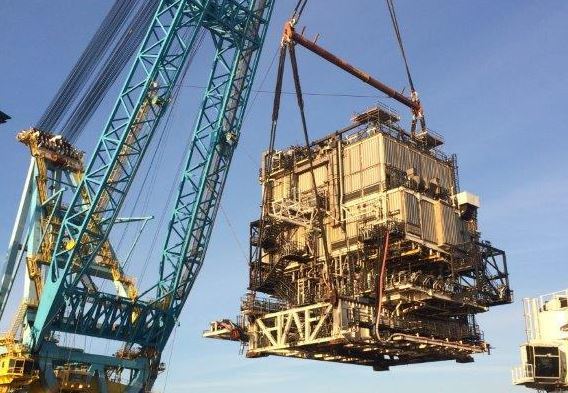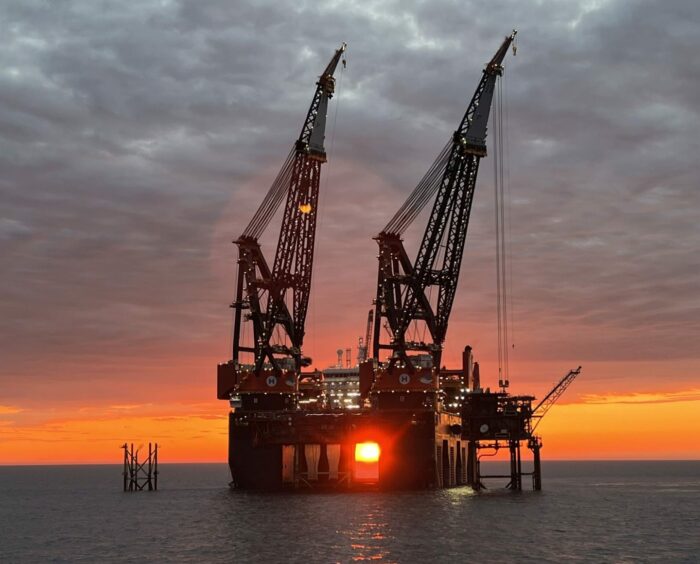
Decommissioning – the multi-billion pound, monster job looming over the oil and gas industry.
In the coming decades, millions of tonnes of steel, concrete and everything in between will be fished out of the North Sea, as well as various other hotspots around the globe.
On a practical level, it is a Herculean task that will require military grade planning, with vessels, ports and people all needed in spades.
Behind the scenes, there’s the legal nitty gritty as operators, industry and government try to work out who owns, and more importantly who pays, what.
“Discussions around decommissioning liabilities in the North Sea are intensifying. We’ve been talking about if for 20 years, but as the basin get more mature, it becomes a more acute issue,” explains Alex Msimang, a partner in law firm Vinson & Elkins’ energy transactions team.
“There are the same debates around sellers contractually retaining some degree of decommissioning liability in their M&A deals and structures for doing that evolving.
“But we’re also seeing an intensification of maybe concerns or enthusiasm on the part of the North Sea Transition Authority (NSTA) for getting deals done, making sure they’re getting approved, and that incumbents aren’t holding them up.”
NSTA consultation
Industry regulator the NSTA launched a consultation in March as part of a strategy to stream to speed up and streamline M&A deals in the North Sea.
According to the organisation, previous deals have been delayed or “jeopardised by buyers and sellers failing to engage joint venture (JV) partners early”.
The consultation is due to wrap up this month, with the new guidance published later in the year.
Issues around decommissioning liabilities in the North Sea reared their head last week after the NSTA made a statement of intent.
For the first time ever, the regulator partially revoked a North Sea licence after a partner, in this case Fujairah, failed to “meet regulatory requirements”.
Energy Voice broke the news in 2021 that the company, controlled by the namesake emirate of the UAE, was defaulting on its share of the costs of decommissioning the Taqa-operated Brae Area.
Just months earlier Fujairah had bought stakes in the licence for just 75 pence from Rockrose Energy – legal action over that deal kicked off recently.
Securing funds for decom
But how does a company come to default on its North Sea decommissioning liabilities? And why are smaller companies more susceptible to it? Mr Msimang, an industry expert who boasts two decades’ experience, explains.
“Once your past, for example, the midpoint of the life of an asset, the prospect of decommissioning liability and making provision for that can be a big drain on either cash flow, or on debt capacity, particularly for smaller players.
“Typically for most North Sea assets these days, there is a decommissioning security agreement or arrangement in place under which there’s a trigger point, in terms of comparing the projected cost of decommissioning with the projected remaining volume of reserves.
“Once that ratio gets to a particular point, let’s say for the sake of argument when the value of the remaining reserves is only three times the decommissioning cost, people will need to start paying security.”
In practice, that means firms ring-fencing funds from production for decommissioning, or securing “letters of credit” from banks.
If they go down the second route, companies must apply for renewal annually, creating a potential pitfall.
Mr Msimang said: “There is a crunch, particularly for smaller players, when that time of the year comes. They need to go to the bank market and get what is equivalent to a loan, because it’s the same exposure for the bank. If you need to post $100 million of decommissioning security in the form of a letter of credit, it’s like going to the bank and saying can you give me a loan for $100m.
“That might be expensive, it eats into your ability to borrow for other purposes, and in the most acute situation the bank might say no.
“If the latter happens and you can’t post your security or come up with your share of the liability, you’re in default. That then tips into a potential insolvency situation, loss of asset, collapse for a small, single-asset type company.
“Quite outside of an M&A context, that is just a constant financial stress that exists in terms of making provision for decommissioning costs, and that stress increases as the asset moves closer towards end of life.”
Impact on M&A
In a North Sea M&A context though, decommissioning liabilities are a big consideration – just look at Rockrose’s sale to Fujairah.
Moreover, a flurry of smaller companies have entered the sector in recent years, snapping up assets that are no longer worth energy majors’ time or money.
While this is generally viewed as a positive development – minor players can build up and extract value from fields that might otherwise have been abandoned – it does present challenges.
Inevitably, smaller players have shallower pockets meaning, as Mr Msimang detailed, they may be less able to absorb the hefty costs of decommissioning.
And with the scale of work to come, that is something that companies are going to have to give particular thought to when striking deals.
“Sometime people think of liability as something new, with sellers accepting and retaining some level of liability for decommissioning costs. Well it is, and it isn’t,” said Mr Msimang.
“In a way, it’s not new because otherwise it would always be priced in. In other words, if you’re selling an asset that would be worth $800m, but there’s going to be $100m worth of decommissioning liability, then the buyer will pay $700m. In a sense as a seller, you have always born the impact of future decommissioning costs.
“But what is happening explicitly now is sellers retaining that liability or contracting some of it, either through more simple techniques of just giving an indemnity to the buyer for part of the costs when they arise, or in a more sophisticated structure now, with sellers staying on as party to the decommissioning security agreements.”
That means that even if a firm divests an asset, it will still be parley to the existing contractual framework that is in place.
As such, it will bear a share of the decommissioning costs as and when that should occur – a boon to the North Sea’s crop of new players.
“That’s helpful for the smaller firms, as the exiting major is picking up some of the bill that would have otherwise have fallen on them and it doesn’t eat into their borrowing ability in the same way. It also help joint venture partners to get comfortable with approving the deal.
“Those sorts of deals help, and sellers are willing to do that for a mix of reasons; it’s otherwise priced in anyway, and in the UK under the Petroleum Act, once you’ve held the asset you can be tagged by the government for the decommissioning costs.
“Actually, you’re kind of liable for the costs anyway as an exiting seller, so why not contractually step up and agree that you’ll bear some of those costs if it helps you get your deal done and supports the valuation of the asset.”
Recommended for you


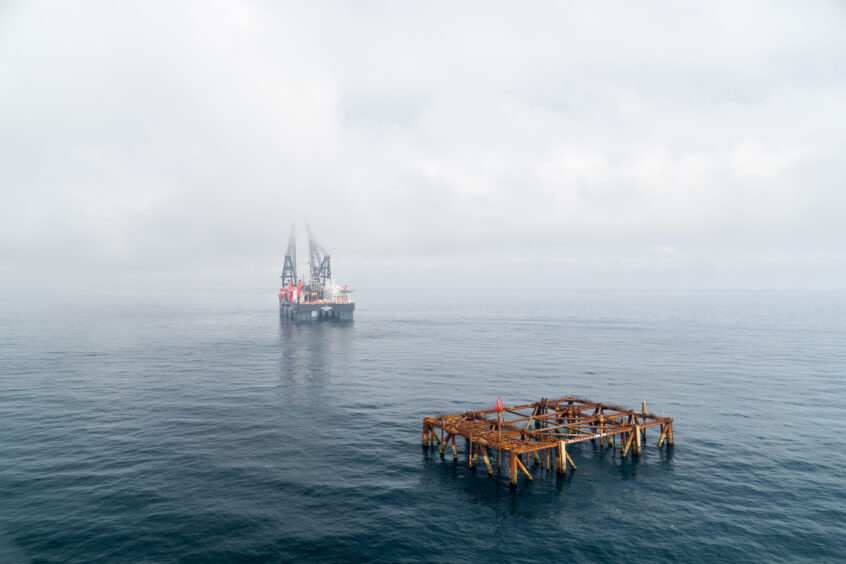 © Coen de Jong/ Taqa
© Coen de Jong/ Taqa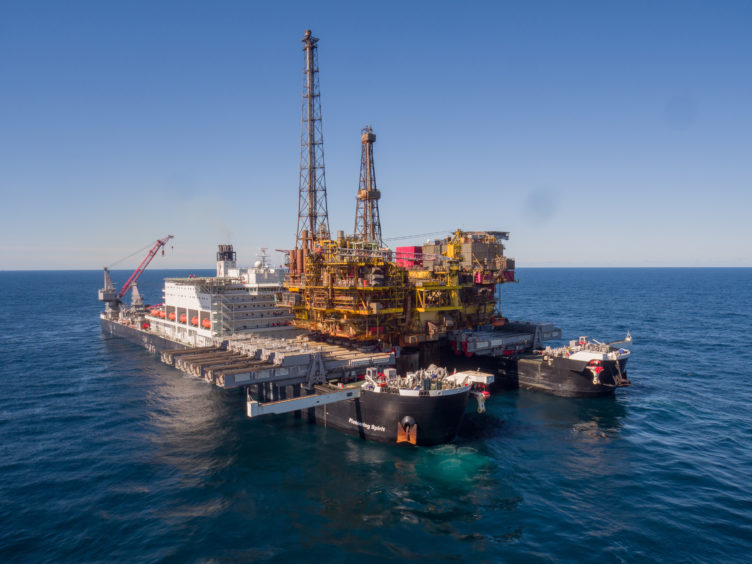
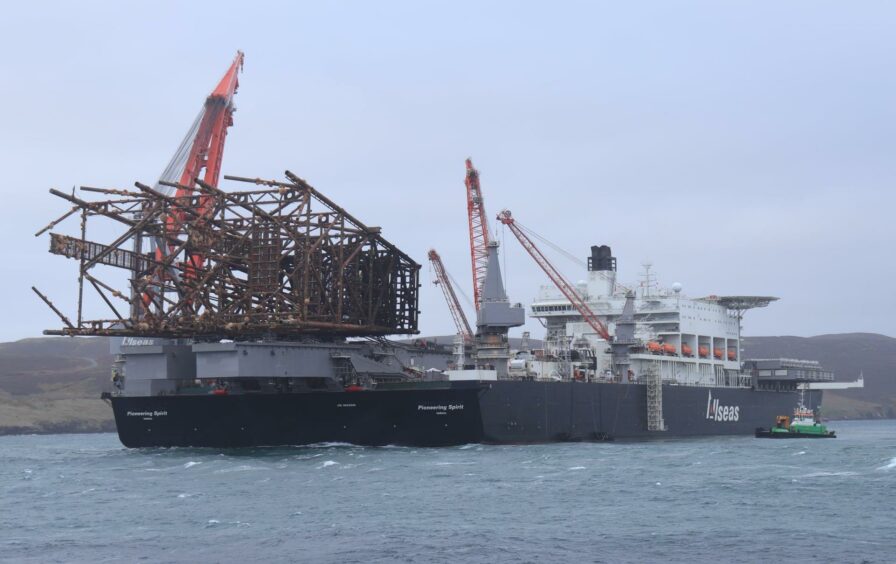 © Supplied by Paul Moar
© Supplied by Paul Moar